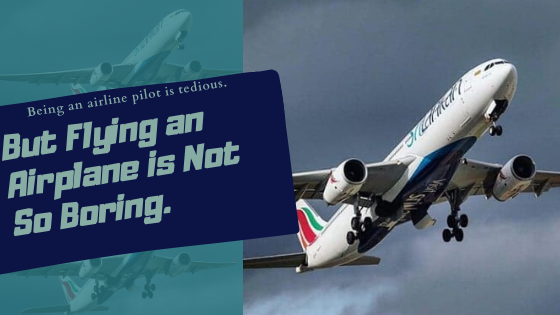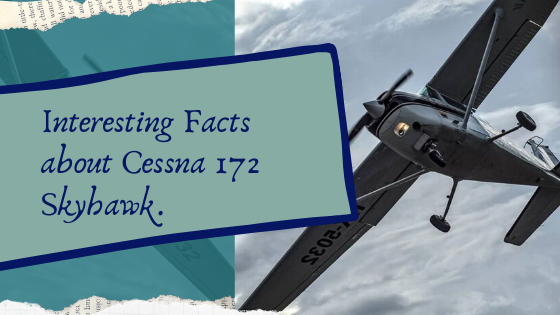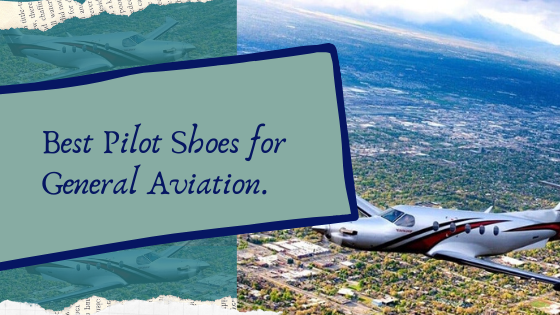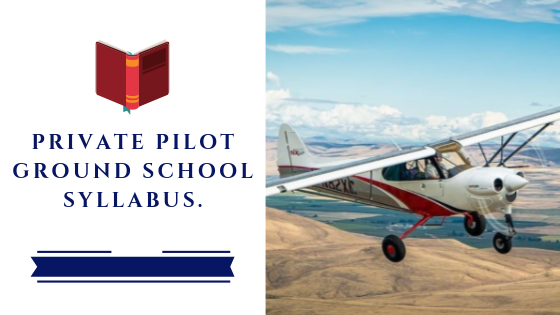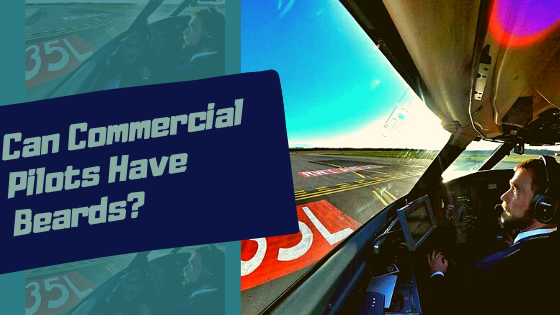Do you need a license to fly a drone?
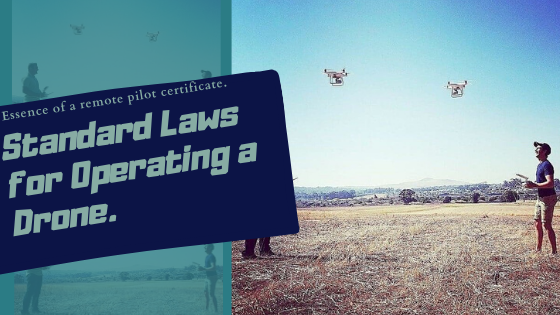
Understanding the regulations for drone piloting is essential to know whether you need a drone license.
After reading this post, you will know when and where a drone pilot’s license is necessary and what restrictions you have even with a drone pilot’s license.
You will need a drone pilot’s license to fly drones commercially. However, using drones for recreation doesn’t require a pilot license. Receiving compensation for operating drones is prohibited.
I will explain this further in this article. This article is right for you if you are a drone enthusiast or intend to purchase your first drone.
What are the regulations for flying drones in the United States?
The Federal Aviation Administration sets the regulations for flying drones in the United States.
In each country, the Civil aviation body has a different set of rules, but principally the powers are standard.
According to FAA: Who doesn’t need a drone pilot’s license?
- If someone flying a drone indoors doesn’t require a drone pilot’s license;
- Flying drones outdoors solely for recreational purposes does not require a permit;
- If you operate a drone outdoors, that is less than 55 pounds; you don’t need a drone pilot’s license.
Who needs a drone pilot’s license?
- Individuals who intend to operate drones for commercial usage need to get a drone pilot’s license;
- Receiving compensation, although you don’t operate drones for commercial use regularly, you need a drone pilot’s license. Earning money from any job using drones, the FAA requires the pilot to be certified;
- If you fly drones outdoors and your drone weighs more than 55 pounds, To fly heavier drones, you must have a remote pilot airman certificate.
These sets of rules are only a few of many to determine whether you need a license to fly a drone or not.
Before buying a drone, ask yourself: Why are you buying the drone?
Although typically, drone enthusiasts buy drones as a hobby, and it is common to see drone pilots eventually turning their hobby into income.
Beginner drone pilots buy drones because it is exciting in the beginning to take fantastic footage of different locations. But this excitement soon fades away for many drone pilots because there is not much more to do except for flying the drone.
Therefore many drone pilots fly drones to make money.
A popular way of using drones to make money is making youtube videos for various tourist destinations.
However, do you know: the Federal Aviation Administration regulation requires pilots to have a drone pilot’s license for publishing videos online?
FAA implemented this law because drone pilots utilize drone footage on youtube or other platforms to earn money.
As I mentioned:
Using drones to make money requires a drone pilot to be certified. Not doing so means you are breaking the law.
Regardless, I always suggest every drone pilot get their remote pilot airman certificate.
For your information: The remote pilot airman certificate is the official name for a drone pilot’s license.
Why do I suggest getting a remote pilot airman certificate regardless of your purpose for flying drones?
- Without decent awareness, you will risk other aerial vehicles in the area;
- Not having precise drone operational skills, you may cause danger to people on the ground;
- Lastly, the test is relatively easy, yet the exam will prepare you to be a safer drone pilot.
What are the basic rules of flying drones regardless of your location?
There are some standard practices for flying drones.
Regardless of which country you fly your drones in, any drone pilot must follow these rules:
- Every country has a maximum altitude for operating drones. The height may vary from country to country. Such as, in the United States, Malaysia, and the Philippines, one must not use a drone over 400 feet.
- Operating drones at night or in poor weather conditions requires a waiver from the local authorization body;
- Flying drones over very crowded places like concerts and market place are prohibited;
- Drones must always be in the line of sight of the drone pilot;
- Flying drones near a federal building or public offices is forbidden;
- One must not operate a drone within 5 miles radius of any airport.
These are the most common acts one must follow regardless of where they operate their drone. There may be slight changes in the rules depending on the location you fly, but these are the basic rules.
These rules are to ensure safer airspace for airplanes as well as other uncrewed aerial vehicles.
Nevertheless, where you fly a drone, it is crucial to know the necessary regulation for flying drones in that location.
You will be more knowledgeable of standard safety regulations for drone operations by getting a remote pilot airman certification and a drone pilot’s license.
Most importantly: A drone pilot certification will train you to be a safer pilot.
Wherever you intend to operate a drone, it is best to check with the local authority for the regulations.
Supposedly you want to fly a drone in a park, you must ask the park management first. If you can’t reach the direction, ask a security guard there, and he can surely answer you.
Flying a drone is prohibited in numerous places, and the authority can fine you for operating a drone without permission.
The park management may have jurisdictions that prohibit people from drone operations in the area.
What about flying drones commercially outside the USA?
Let’s consider you have a drone and use it to make money.
Several industries have adopted drone applications to ease various tasks and often hire freelance drone pilots to do the job.
In that case, you will need a drone pilot’s license, regardless of your country of operation.
- In any country, to operate a drone for commercial usage, one must have a drone pilot’s license.
- If the civil aviation body of another country doesn’t recognize a foreign drone pilot’s certification, you must request authorization. An authorization to fly drones commercially will prevent you from getting a lawsuit in another country for flying drones.
The FAA doesn’t recognize any remote pilot airman certification from another country. One must take the USA aeronautical knowledge exam and get FAA accreditation to operate drones commercially.
Do you need to register a drone?
Not all drones need to be registered. There is a regulation for that too.
Commonly hobbyist drone pilots do not recognize the importance of registering drones. But I will explain why writing a drone is also essential, similar to getting a pilot’s license.
- According to FAA regulation, one must register a drone if it weighs over 0.55lbs.
Drones these days that hobbyists use are more substantial than 0.55 lbs.
So we can say any drone you buy today with the intention for commercial use will be heavier than 0.55 lbs and require registration.
FAA understands the average weight of drones used for commercial purposes.
That’s what the FAA requires, but a drone pilot must register the drone for other reasons.
- Registering a drone is very cheap. The 5 USD you spend for three years validity period is negligible;
- Drone registration proves your device is airworthy and safe for aerial operation;
- Registering a drone enables you to apply for insurance for your drone.
Whether a hobbyist or commercial drone pilot, during an event where your drone causes harm to other people’s property and costs damage over 500USD, you must report it to the FAA about the incident.
Fortunately, a registered drone with insurance can claim protection.
How hard is it to get a drone pilot’s license?
As I suggested getting a drone pilot license is crucial to becoming a safer drone pilot.
To ensure airspace safety, a drone pilot must be aware of the regulations and have better skills.
A 16-year-old can apply for a drone pilot license. Typically 16-year-olds don’t have explicit aeronautical knowledge.
Not just 16 years old, any individual not related to the aviation industry has minimum knowledge of safer skies and multiple other aviation subjects.
Thus anyone applying for a drone pilot license must pass an aeronautical knowledge test.
Passing the drone license test is easy for one who studied aviation, but someone unaware of aviation matters except for flying a drone will struggle to pass the exam with a 70% score.
It will be hard for you if you do not take a drone ground school.
Numerous online UAV training courses are available to prepare you for the test.
Free resources are also available online, but online drone courses are structured for students to learn only the essentials for flying safely and passing the exam.
Pick an online UAV training course and study at your own pace.
Most online drone courses promise that their students can pass the exam with a 90% score on their first take.
It means the drone pilot test is not so difficult if you take a drone ground school course.
Select an online UAV training course and quickly pass the test to apply for a drone pilot’s license.
Conclusion.
Now that you know whether you need a drone license or not, you must also learn about the obligations of flying your drone.
Having a remote pilot airman certificate, commonly known as a drone pilot license, has some restrictions too.
It would be best to not operate drones over populated places and never use drones at night without a waiver.
Similarly, having a drone pilot license from the Federal Aviation Administration doesn’t entitle you to fly in another country commercially.
For commercial drone operations outside the USA, you must request permission from the authorizing body to prevent getting fined or a lawsuit.

